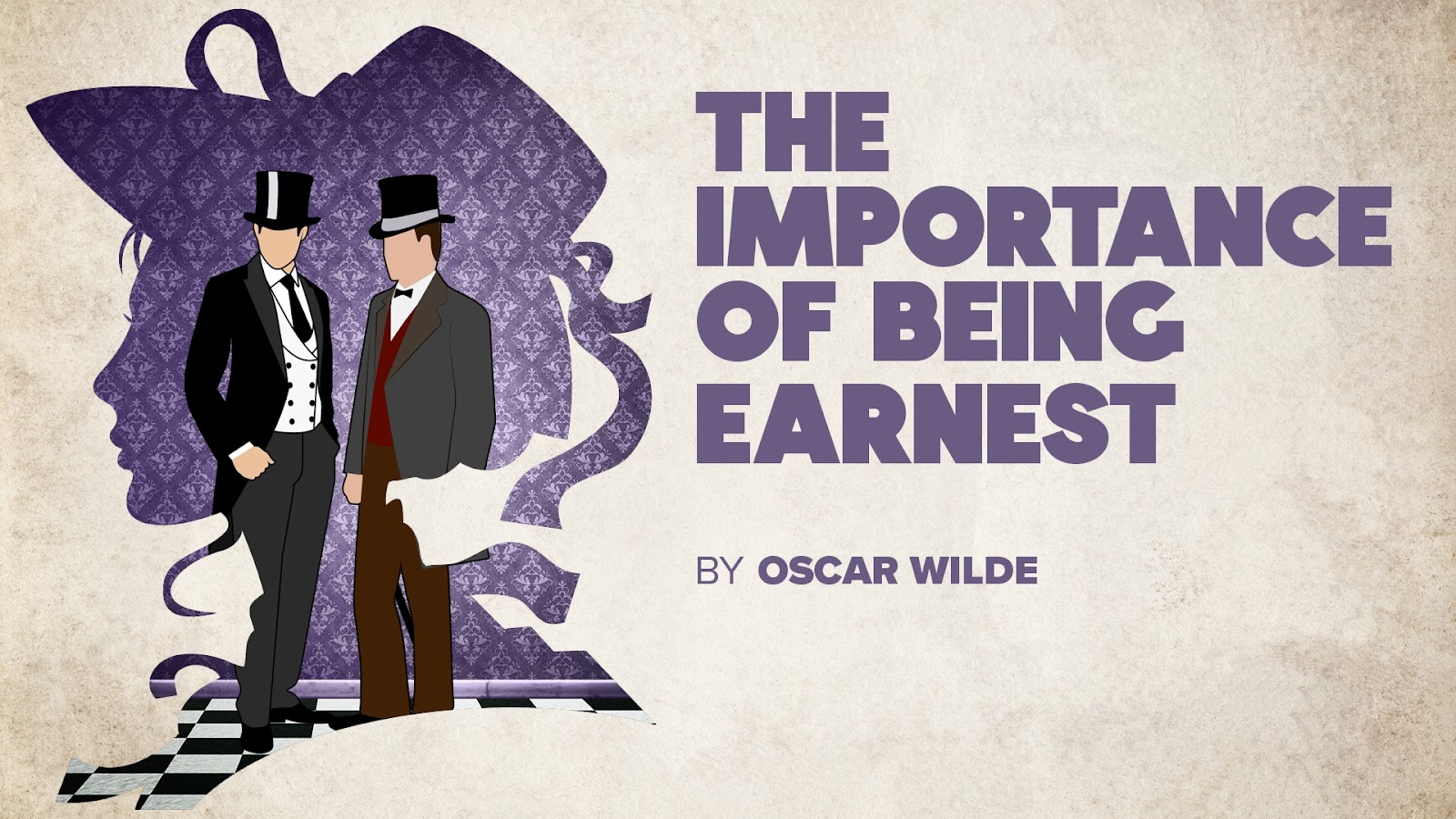Hello friends...
This blog is about the poem "Absalom and Achitophel" by John Dryden.
Absalom and Achitophel is a celebrated satirical poem by John Dryden, written in heroic couplets and first published in 16811. The poem tells the Biblical tale of the rebellion of Absalom against King David; in this context, it is an allegory used to represent a story contemporary to Dryden, concerning King Charles II and the Exclusion Crisis (1679–1681)1. The poem also references the Popish Plot (1678). It is generally acknowledged as the finest political satire in the English language. The poem is also described as an allegory regarding contemporary political events and a mock heroic narrative.
The story revolves around the rebellion of Absalom, who is King David’s son, against his father. Absalom is persuaded by Achitophel, one of David’s advisors, to rebel against his father and take over the throne. However, another advisor named Hushai plots with David to pretend to defect and give Absalom advice that plays into David’s hands. As a result, Absalom takes the advice of the double agent Hushai over the good advice of Achitophel.
The poem uses this biblical tale as an allegory to represent the political events of Dryden’s time, particularly the Exclusion Crisis. It satirizes various political figures and events, including King Charles II and the Popish Plot.
Click here for poem "Absalom and Achitophel"...
Characters:
The main characters in "Absalom and Achitophel" are as follows:
Absalom: David’s illegitimate son and the protagonist of the poem. Absalom is handsome, ambitious, and David’s favorite child.
Achitophel: A deceitful counselor to King David and the antagonist of the poem. Achitophel is influential, smart, ambitious, and morally flexible.
David: The third king of Israel. David is a merciful and kind king who does not have a male heir to inherit the throne.
Saul: The first king of Israel. According to Dryden, God was the first king of Israel, but the Jews oust God and make Saul their king.
David’s Brother: David’s brother never actually makes it into the poem, but Achitophel and Absalom refer to him multiple times.
Corah: The most important of Achitophel’s men. Corah is a priest who hatches a plot that helps Achitophel discredit David’s brother and ingratiate Absalom to the people.
Shimei: The most powerful of Achitophel’s men. Shimei is a dishonest crook who steals and cheats but is appointed as a magistrate by the Jews.
Zimri: One of Achitophel’s men whom Dryden describes as a “buffoon” who has tried several professions.
The Pharaoh: The leader of Egypt and David’s ally.
Ishbosheth: Saul’s son and the king of Israel briefly before David’s reign.
Jonas: One of Achitophel’s more powerful men who has the ability to manipulate laws.
1. Characters in favour of David and that of Achitophel - draw table and write a few lines on each character in two columns of the table. You can also 'prompt' ChatGPT or Bard to generate tabular format of characters in favour and against of King David / Charles II.
The table with characters in favor of King David and those in favor of Achitophel. Here's a table with a few lines about each character in two columns:
| Characters in Favor of King David | Characters in Favor of Achitophel |
|---|---|
| King David - The central character and the king himself. He is portrayed as a wise and just ruler. | Achitophel - The chief conspirator and advisor to Absalom. He opposes King David and seeks to overthrow him. |
| Zadok - A loyal priest and advisor to King David. He supports the king and opposes the rebellion. | Absalom - King David's son who rebels against his father's rule, swayed by Achitophel's counsel. |
| Nathan - A prophet who supports King David and conveys God's favor towards him. | Hushai - A loyal friend of King David who pretends to support Absalom to provide intelligence to the king. |
| Joab - The commander of King David's army who remains loyal to the king. | Shimei - A critic of King David who curses and abuses him during the rebellion. |
| Benaiah - A valiant warrior who supports King David and remains loyal to him. | Ahithophel's Counselors - Various advisors and conspirators who side with Achitophel's rebellion. |





No comments:
Post a Comment